Rose’s Reading Story Could Help You
This post may contain affiliate links.
by Colorado’s own Victoria Hanley, author of two of my favorite books, Violet Wings and Seize the Story.
All of us reading enthusiasts don’t need to be told that books are exciting, insightful, adventurous, delicious, inspiring. . . This, we know.
As a parent, naturally I wished for my children to share my love of reading! I just assumed it would fall into place for them.
But not so fast.
Here’s a little bit of backstory: My mother taught me to read before I went to kindergarten. Books were marvelous things, things I held with great joy. A new book made the best gift. In short, I loved to read. By myself.
The same thing happened for my son. Obviously, this reading thing was now a tradition!
My daughter, however, did not follow the plan.
As a Montessori teacher, I had been schooled in the idea of “sensitive periods,”—times when a particular set of knowledge is most likely to be absorbed. The sensitive period for reading was supposed to be ages 4 – 7, when children would find it natural and easy to learn to read. Those years were the perfect time to introduce letters and sounds, then short words and sentences, then fun little stories. From there, children would eagerly graduate to chapter books. After that, there’d be no stopping them as they ravenously devoured book after book. I had taught many a five-year-old to read, and it was like teaching sponges to soak up water. They wanted all the books they could get.
Not Rose.
Like you, I knew the importance of reading aloud to my children. I read to Rose. Lots. (She lovedlistening.) She attended Montessori preschool, where she acquired the basic info for reading. But instead of following the expected progression, she kept asking Mom (that’s me) to read to her aloud.
No big deal, I thought. She’s only six. Eventually, she’ll decide to read for pleasure on her own. So I continued reading to her—with gusto. And she continued to avoid reading herself.
She was bright and healthy with good eyesight. No signs of dyslexia. I figured, any day now, she’ll decide she likes to read; she’ll curl up in a chair with a book. By herself.
She didn’t.
Now she was seven. In school she would read only the minimum required. She scored below the 50th percentile on reading tests. Really? Hmmm. But other than reading, her progress in school was good, and she always looked forward to read-aloud sessions at home. We went through all the Chronicles of Narnia, the complete series of Wizard of Oz. . .
I checked out chapter books for her, and left them around strategically. Although she showed no interest, I kept believing it was just a matter of time. I had such a horror of of forcing her, I didn’t want to insist that she read more than her school assignments.
Now she was nine! And I was very close to deciding there must be something wrong with my girl. Should I bring in more draconian measures? “Either read this book or. . .” But that seemed all wrong. I wanted her to love reading, not hate it. What now?![]()
Enter a comic book.
When someone gave Rose an “Archie” comic book, I had mixed feelings. My parents had frowned upon comic books; they considered them to be utter trash. I’d never been allowed to read them! Certainly, I didn’t consider “Archie” to be great literature like Anne of Green Gables, which I was in the midst of reading to my daughter. Aloud.
Rose really wanted to hear the story in the comic book. Really wanted to hear it. The drawings intrigued her.
![]() So, I told her she was going to have to read the dialog boxes and exposition all by herself. (This method had never worked in the past. I had tried my best to withhold endings from time to time, leaving them up to her to read. She would simply close the book and go off to do something else.)
So, I told her she was going to have to read the dialog boxes and exposition all by herself. (This method had never worked in the past. I had tried my best to withhold endings from time to time, leaving them up to her to read. She would simply close the book and go off to do something else.)
This was different.
Watching her lie down on the carpet with the comic book open in front of her, I pretended great insouciance. I started folding laundry. But as I rolled socks, Rose turned pages.
She didn’t stop reading until she came to the end. She spoke. “Can we get another one of these?”
It cost a small fortune in comic book digests, but that was the year my daughter became an avid reader.
Jump ahead to 8th grade. I found out that my first book, The Seer and the Sword, was going to be published. And Rose scored in the 98th percentile of the ACT college entrance exam in reading comprehension.
Sometimes a solution comes to light in the most unlikely way. And apparently, kids are not as much alike as we’re sometimes asked to believe. I’m sure there must be a lot more stories out there, about children who discovered a love of reading in their own way and on their own time.
What’s your story?
As for me, I’m glad Rose loves books as much as I do. And I’m very glad I kept believing in her, and kept reading to her.
And that somebody gave her a comic book.
. . .
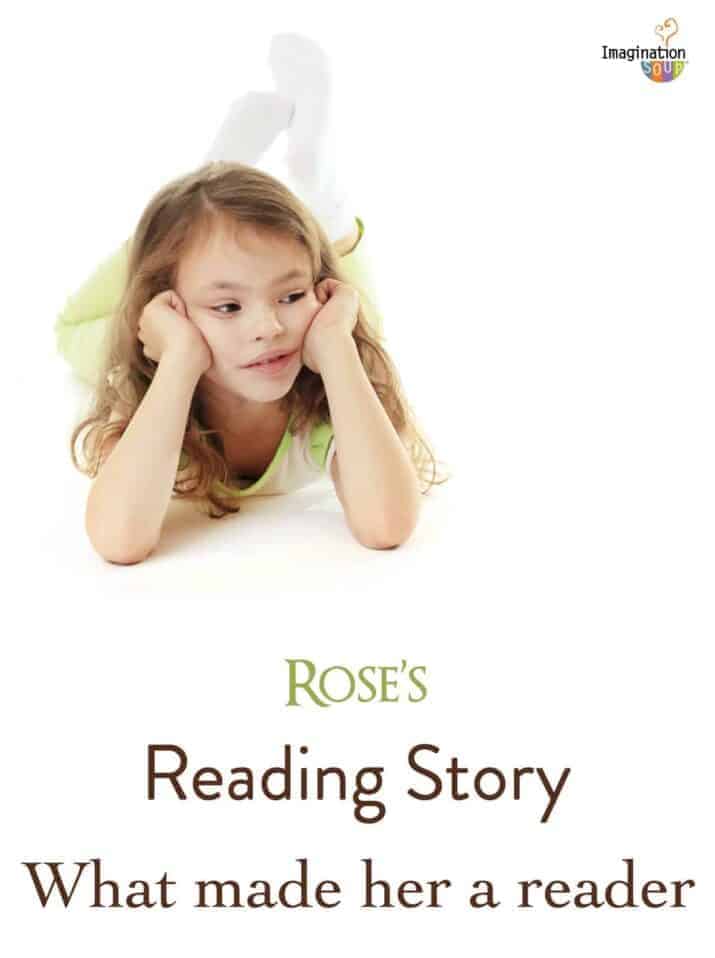
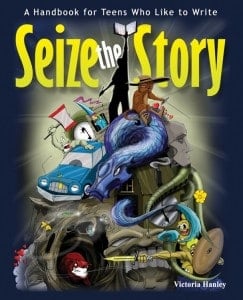
Thank you so much, Victoria! I’m such a huge fan of your writing. This post will inspire us as parents or teachers to hold on to our hope and never give up on our children as readers. Thank you, from a mom who has occasionally lost hope. — Melissa
Bio:
Victoria Hanley grew up without a TV, so she made frequent visits to the library in search of entertainment. Although her father was a rocket scientist and her mother a registered nurse, Victoria gravitated toward the shelves of adventure and fantasy: books like The Lord of the Rings, The Chronicles of Narnia, and assorted collections of fairy tales. These reading adventures set the stage for her to become the writer she is today, published in ten languages.
Victoria’s goal is to inspire young people in their personal journeys, offering a sense of courage as they face the pressures and challenges of growing up. Her background gives her a keen interest in the way individual voices take shape, and she has led writing workshops for thousands of teens with the intention of encouraging creative expression. She loves to see kids make the connection between who they are and what they write.
All these workshops resulted in a writing book for teens, Seize the Story: A Handbook For Teens Who Like To Write. (Cottonwood Press, 2008) It opens the doors of creative writing, including characterization, setting, dialog, plotting, and point of view.
Her websites are www.victoriahanley.com and www.vhanley.blogspot.com.

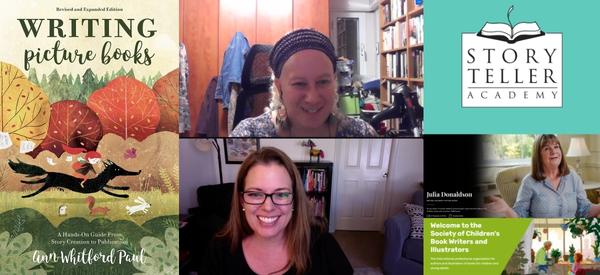
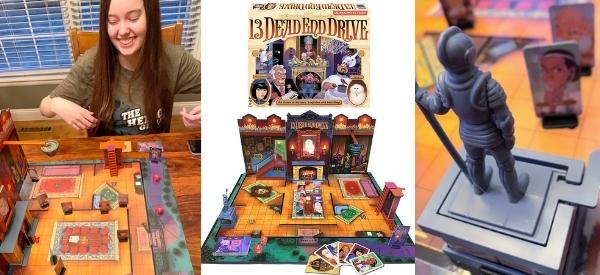
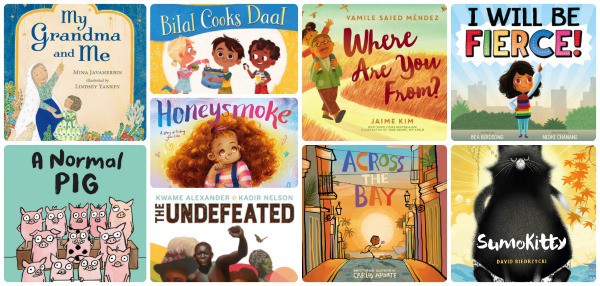
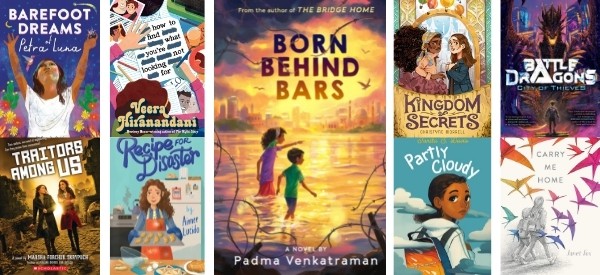
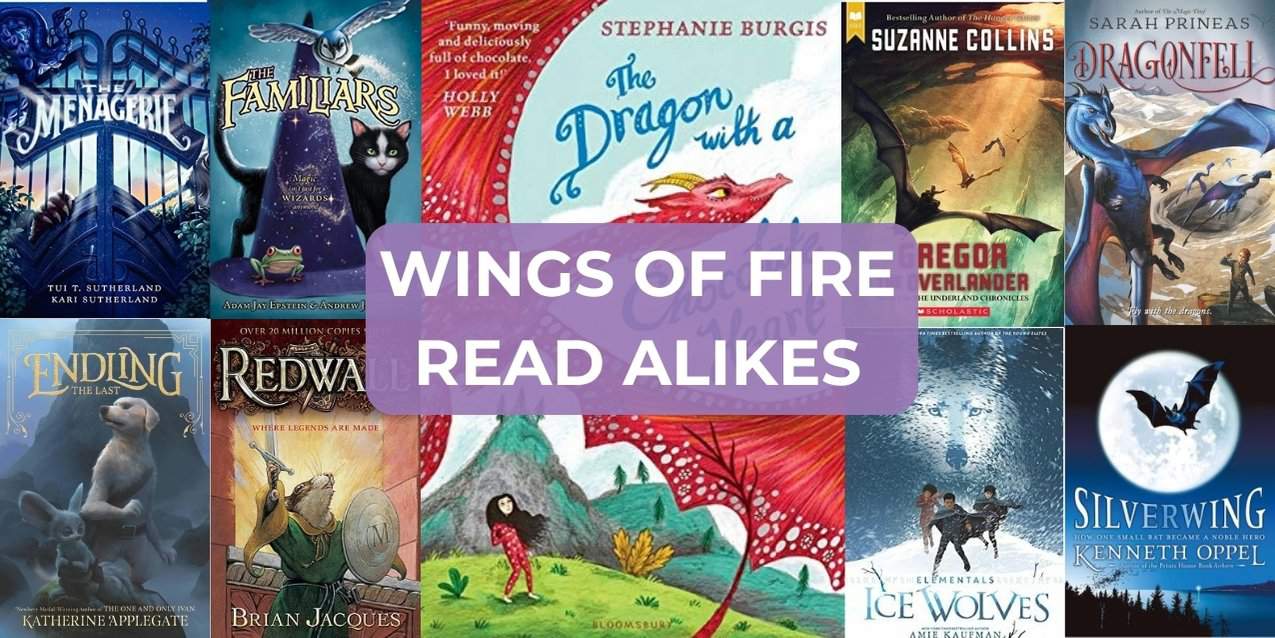

As a kid, I didn’t start out liking to read. Perhaps it was the books I was given–lots of fantastical tales where the prince comes to the rescue, when all I wanted was a story about a princess who slayed her own dragon. One day, someone loaned me a new book to try–a modern tale of a girl who finds the courage to rescue herself and her friends from evil forces. The main character was a quiet girl with hidden talents–like me. From that moment on, I couldn’t get enough of the written word. I wish Victoria Hanley’s novel, “Violet Wings,” had been around when I was a kid; it was exactly what I was looking for. Zaria knows she has to stand up to the forces working against her, and she’s willing to go into the fray. Thank you, Victoria, for showing young fairies, and older ones like me, what it means to be brave.
I still remember the day my younger daughter started reading. Being an early reader myself, and a writer, I read aloud to my girls every evening, never sure how much they were absorbing of the reading process, but with the goal of enjoying books. My girls were also allowed to watch Sesame Street (so I could have writing time) and one day after watching, when “CH” was the sponsor of the day, my daughter came upstairs, opened a book, and started reading. She was four, and the switch had clearly been thrown. Both my girls read avidly to this day–we used to tell their teachers it was easier to get them into a book than to get them out.
If I won one of Victoria’s books, I’d want Seize the Story to give a copy to my daughter, who is now twelve and a writer herself.
Thanks, Victoria, for sharing your story!
Love this! I love how Victoria kept believing in Rose and just kept on reading to her. Wonderful.
Comics kind of opened a door for me, too. When I was about five, my mother started teaching me to read while she did the dishes every night. She sat me on the counter beside her, with a blackboard, and taught me sounds and letters. Pretty soon I was able to read back just about anything, but something was missing. That became apparent one day when a neighbor gave me a comic book. I sat down in our big rose-colored rocking chair and started reading. But something just didn’t make sense to me. I couldn’t figure out who this guy “Of” was. I looked at the pictures, and I could find the other characters, but not “Of.” Who was he?
Finally, I asked my mother about it, and she explained that the word was “of.” There was no guy named “Of.”
It was such an “aha” moment for me. Suddenly, the words were unlocked for me. I went back to the comic, and everything made sense. I’ll never forget the thrill of that discovery.
Yay! I love to read happy endings. Only of course, it is just the beginning.
I’d like to win Seize the Story.
Here’s a link to the a post I made on my blog. It tells the story of how my children learned to read. http://beginningreadinghelp.blogspot.com/2010/02/my-daughters-path-to-reading.html